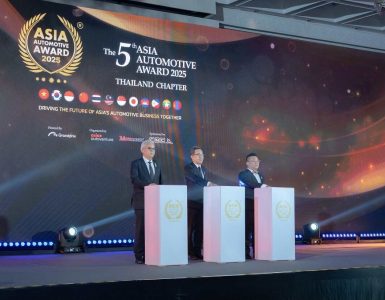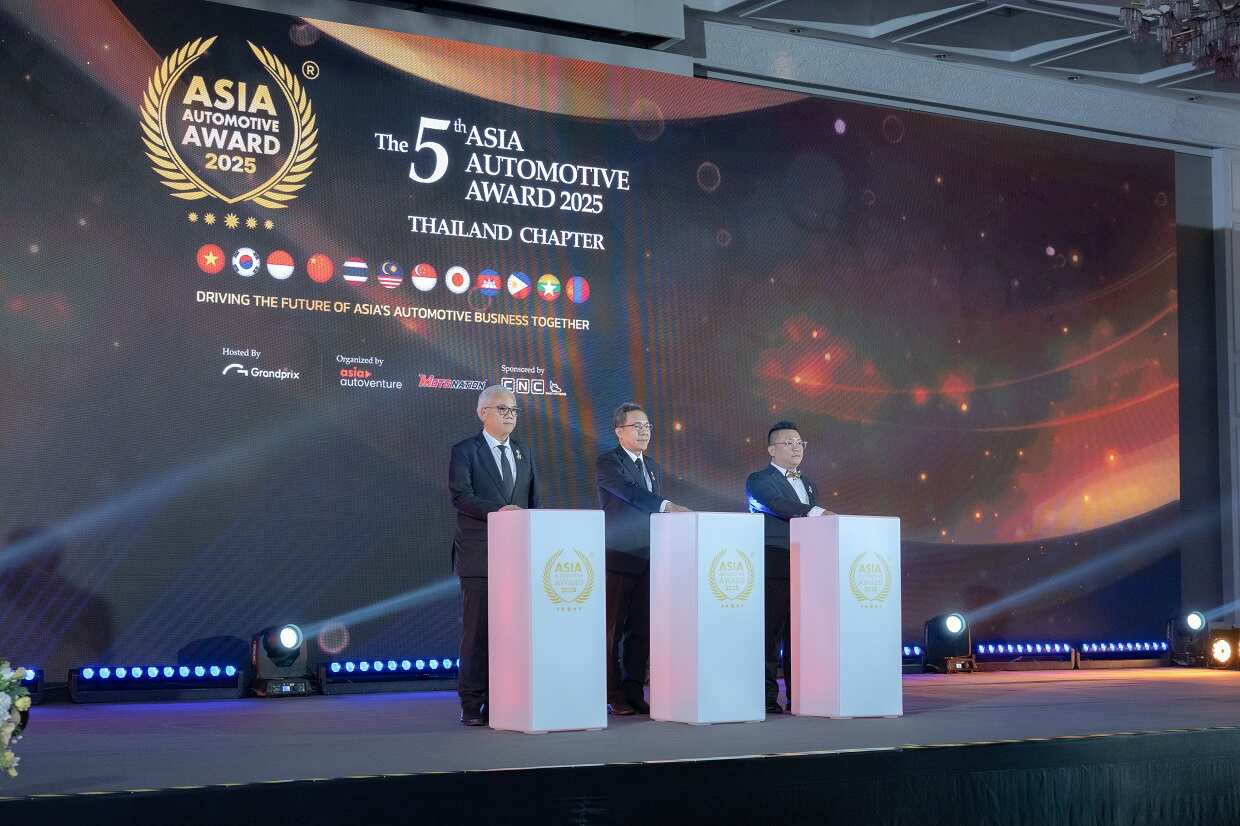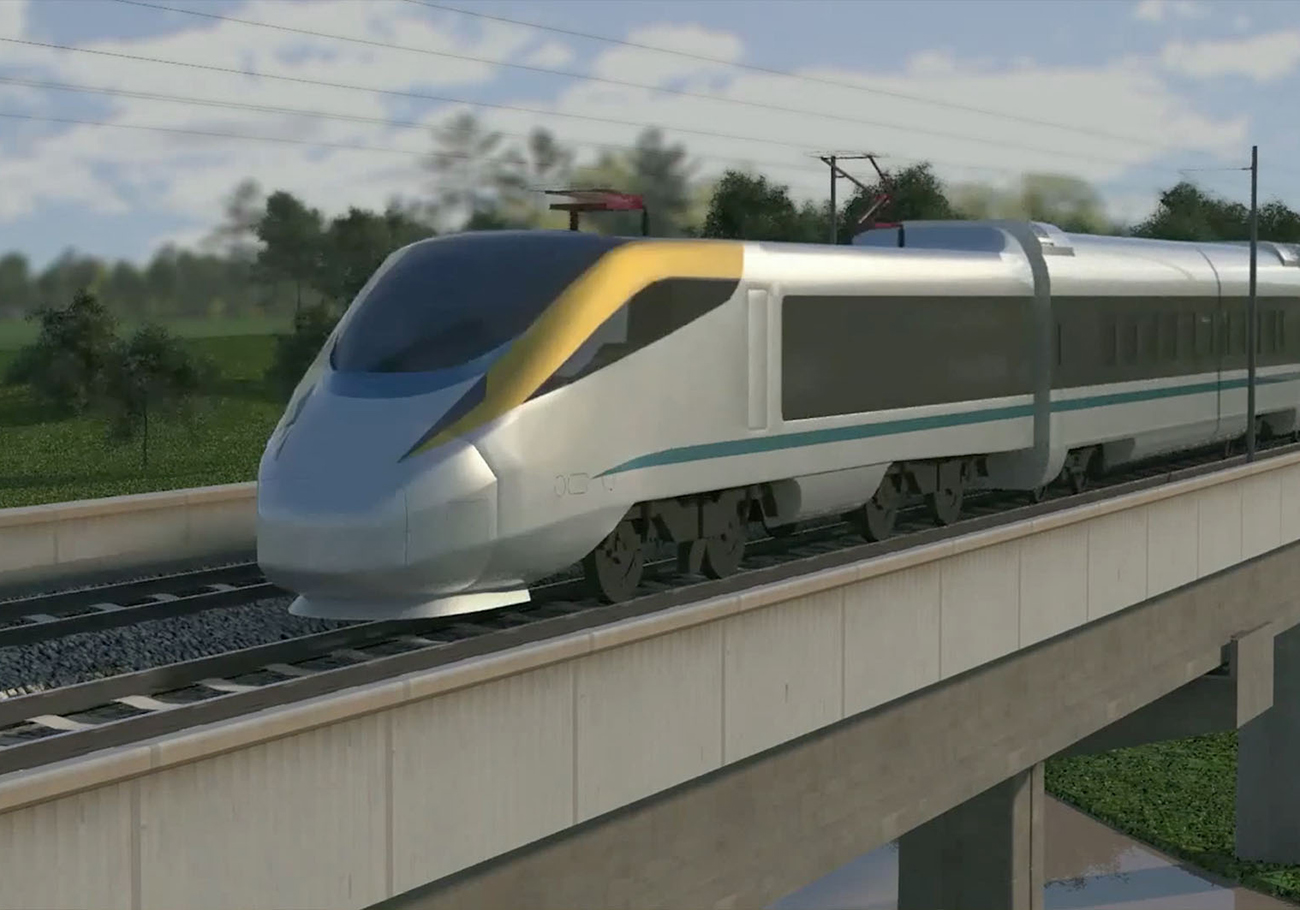
Chinese experts have expressed optimism about Malaysia becoming the second Southeast Asian country with high-speed trains, following Indonesia, urging a prompt completion of the East Coast Rail Link (ECRL) project.
Victor Gao, Vice President of the Beijing-based Centre for China and Globalisation, highlighted the potential for Malaysia to not only finish the ECRL earlier but also increase the train speed from 160 kph to 351 kph.
This insight was shared during a forum discussion on the Belt and Road Initiative (BRI) at the Concorde Club, with experts foreseeing significant economic growth for Malaysia through the ECRL project.
Speeding ahead with ECRL
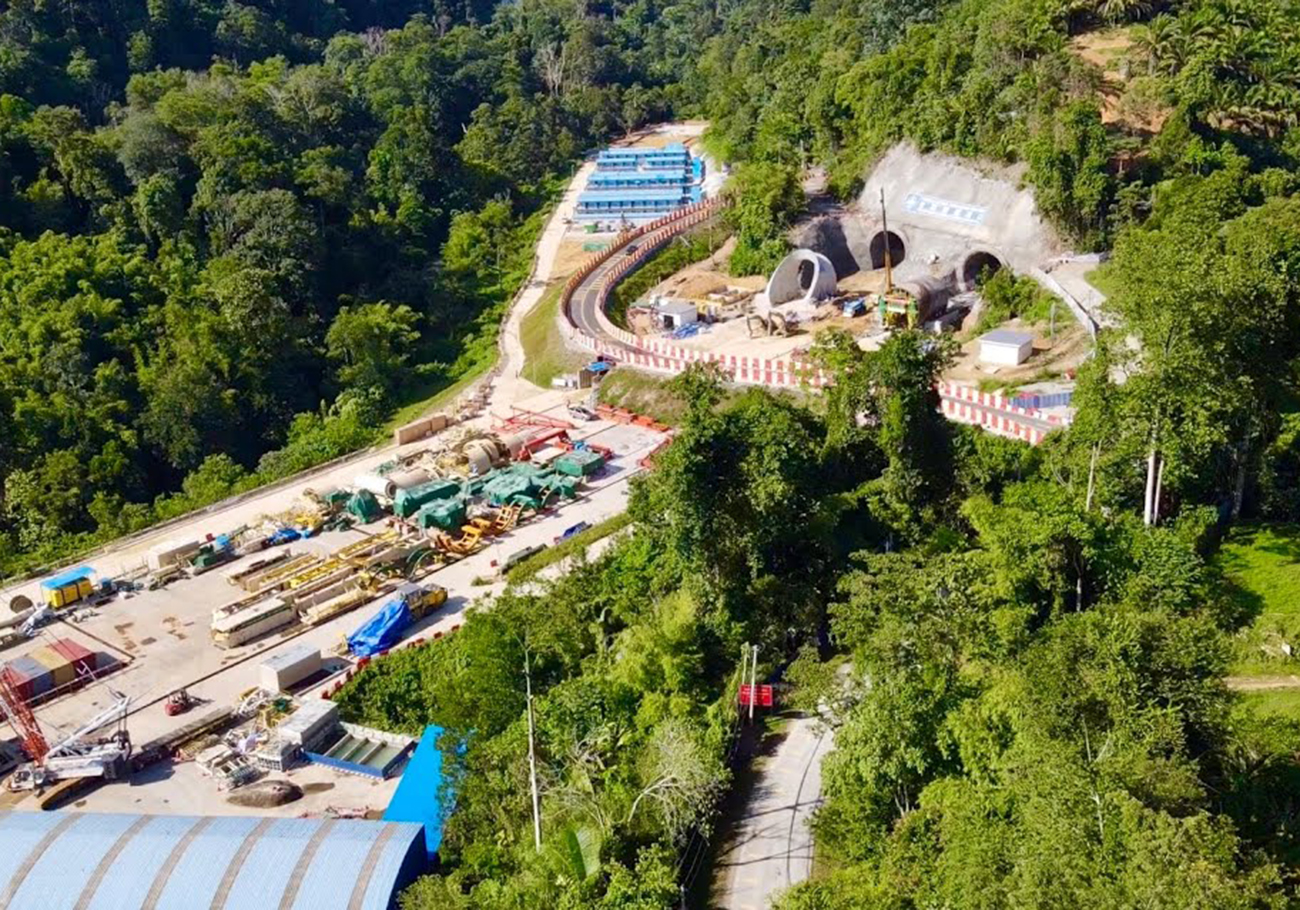
Victor Gao, during the Belt and Road Initiative (BRI) forum, emphasised the opportunity for Malaysia to outpace Indonesia in high-speed rail, suggesting an increased speed of 351 kph.
The completion of Indonesia’s high-speed rail, connecting Jakarta and Bandung at 350 kph, marked a significant achievement under BRI.
The faster ECRL could grant Malaysia a one-hour advantage in travel time. The remarks were made following the official launch of the Indonesian High-Speed Rail (HSR) on October 17.
Gao’s perspective aligns with the broader aim of enhancing transportation infrastructure within the Belt and Road framework.
ECRL’s economic impact
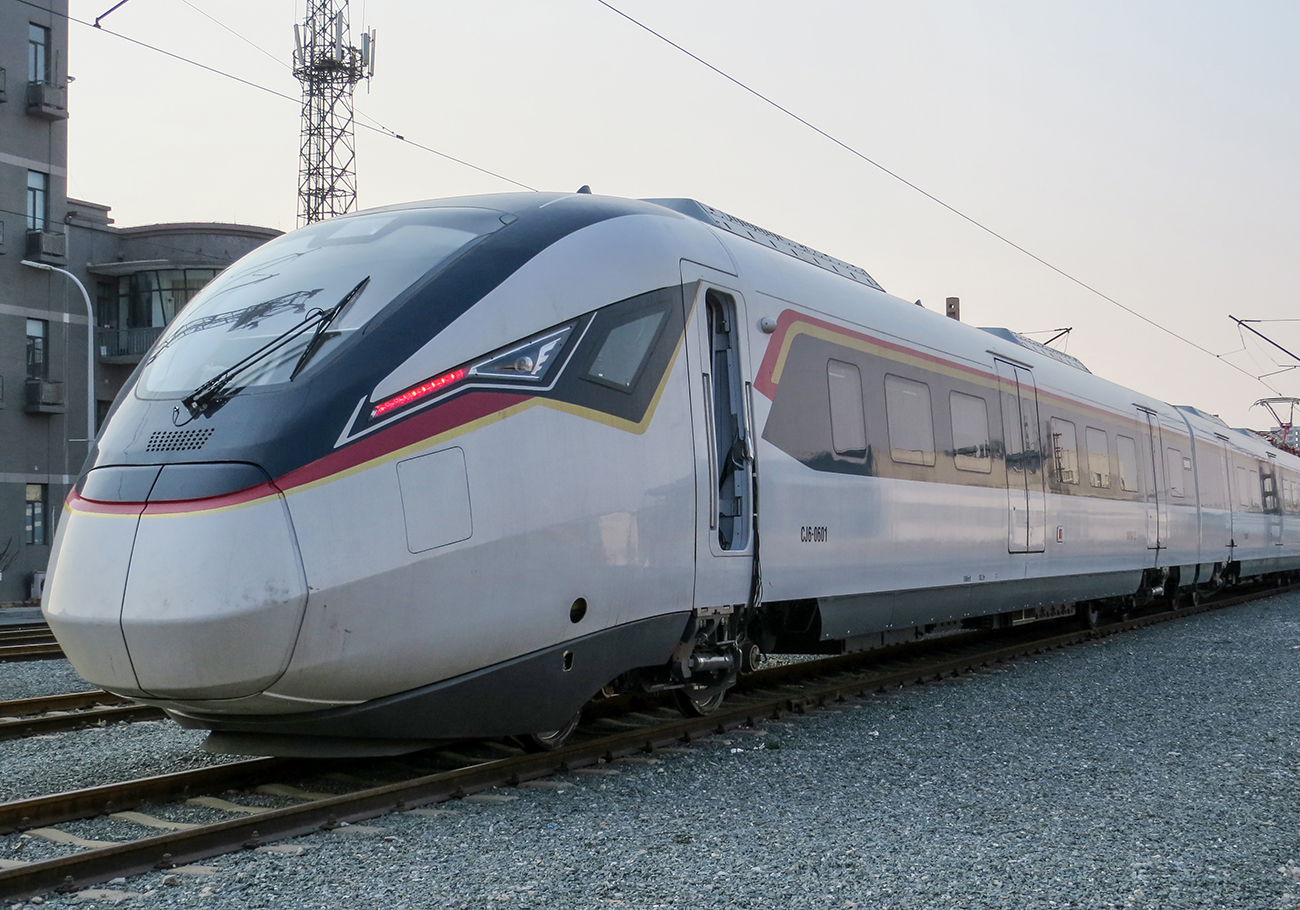
Liu Ying, a researcher from Renmin University of China, highlighted the economic boost that the ECRL project could bring to Malaysia.
Believing that it could contribute three to five per cent growth to Malaysia’s economy, Liu Ying positioned the ECRL as a significant Belt and Road Initiative (BRI) project.
Expressing optimism about the potential for economic development in the ASEAN region, Liu Ying sees the ECRL as not only connecting Asia to China but also establishing a new economic corridor between China and Indonesia.
This perspective underscores the multifaceted impact of the ECRL, extending beyond transportation to economic development.
The East Coast Rail Link (ECRL) emerges as a critical driver for Malaysia’s future in high-speed rail and economic growth, according to insights shared at the Concorde Club’s Belt and Road Initiative (BRI) forum.
As China’s experts advocate for an accelerated completion, Malaysia stands on the verge of not just enhancing its transportation infrastructure but also potentially securing an advantage in high-speed rail over its regional counterparts.
With the ECRL project progressing towards its 2027 completion target, the implications for Malaysia’s connectivity, economic prosperity, and regional significance remain promising.



